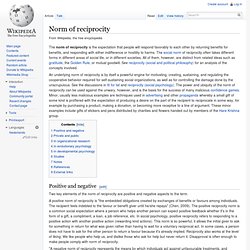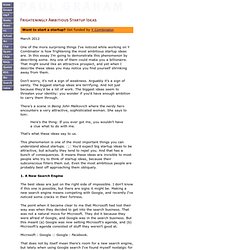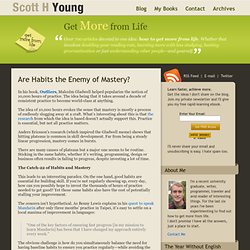

ergun_guvenc
Game Designer, Complex Adaptive Systems Enthusiast
Economy. Let’s Kill The Aid Industry. Long have I nursed a healthy contempt for the aid industry. As I spent much of a decade wandering around the planet, taking local public transit through poor and/or unstable nations1, I kept encountering aid workers in their flashy white branded 4x4s, and was almost invariably resoundingly unimpressed. As I’ve written elsewhere: Most development aid is actively harmful. Selling goods for less than production cost is dumping, a business practice condemned as predatory; aid is just dumping with the price set to zero.The horror stories are legion. Donated clothes decimate local textile industries. To be clear, I’m criticizing the $120 billion per year spent on development aid, not disaster aid, which is critically important and saves many lives; furthermore, many medical crises, such as HIV and malaria in sub-Saharan Africa, are essentially ongoing slow-motion disasters. (photo credit: yours truly, Port-au-Prince, Haiti, 2007) are absolutely on the side of the angels.
Game Design. Gamification. Game Based Learning. Problem Solving... The Art of Complex Problem Solving. Roles & Functions... Psy Mechanics... Behavioural Dynamics Institute. Tools for startups. Norm of reciprocity. Positive and negative[edit] Two key elements of the norm of reciprocity are positive and negative aspects to the term.

A positive norm of reciprocity is "the embedded obligations created by exchanges of benefits or favours among individuals. The recipient feels indebted to the favour or benefit giver until he/she repays" (Chen, 2009). The positive reciprocity norm is a common social expectation where a person who helps another person can expect positive feedback whether it's in the form of a gift, a compliment, a loan, a job reference, etc. In social psychology, positive reciprocity refers to responding to a positive action with another positive action (rewarding kind actions). "A negative norm of reciprocity represents the means by which individuals act against unfavourable treatments, and functions to keep balance in social systems" (Chen, 2009).
There are also contrasting ideas when it comes to the differentiation of negative and positive norms of reciprocity. Private and public[edit]
Startup Genome - cracking the code of innovation. Monetization Problem. Organized bravery. Frighteningly Ambitious Startup Ideas. March 2012 One of the more surprising things I've noticed while working on Y Combinator is how frightening the most ambitious startup ideas are.

In this essay I'm going to demonstrate this phenomenon by describing some. Any one of them could make you a billionaire. That might sound like an attractive prospect, and yet when I describe these ideas you may notice you find yourself shrinking away from them. Don't worry, it's not a sign of weakness.
There's a scene in Being John Malkovich where the nerdy hero encounters a very attractive, sophisticated woman. Here's the thing: If you ever got me, you wouldn't have a clue what to do with me. That's what these ideas say to us. Abundance Authors Diamandis and Kotler Answer Your Questions. We recently solicited your questions for Peter Diamandis, founder and CEO of the X Prize Foundation, and journalist Steven Kotler.

They are co-authors of the new book Abundance: The Future Is Better Than You Think. Below are their answers about the need for jobs (it’s not what you may suspect), the distribution of wealth, and the technological breakthrough that led the price of aluminum to plummet. Thanks to everyone for participating. Hans Rosling's new insights on poverty. Are Habits the Enemy of Mastery?
In his book, Outliers , Malcolm Gladwell helped popularize the notion of 10,000 hours of practice.

The idea being that it takes around a decade of consistent practice to become world-class at anything. The idea of 10,000 hours evokes the sense that mastery is mostly a process of endlessly slogging away at a craft. What’s interesting about this is that the research from which the idea is based doesn’t actually support this. Practice is essential, but not all practice matters. - How We Will Read: Clay Shirky. This post is part of “How We Will Read,” an interview series exploring the future of books from the perspectives of publishers, writers, and intellectuals.

Read our kickoff post with Steven Johnson here. And check out our new homepage, a captivating new way to explore Findings. This week, we were extremely honored to speak to Internet intellectual Clay Shirky, writer, teacher, and consultant on the social and economic effects of Internet technologies. Clay is a professor at the renowned Interactive Telecommunications Program at NYU and author of two books, most recently Cognitive Surplus: Creativity and Generosity in a Connected Age.
Clay is one of the foremost minds studying the evolution of Internet culture. How is publishing changing? Publishing is not evolving. In ye olden times of 1997, it was difficult and expensive to make things public, and it was easy and cheap to keep things private. The question isn’t what happens to publishing — the entire category has been evacuated. Yes. How Musicians Experience and Communicate Emotion.
Getting started.